Waziristan jirga bans anti-polio campaign
Imposes Rs500,000 fine on non-compliant parents; shuts Bannu-Miranshah Road
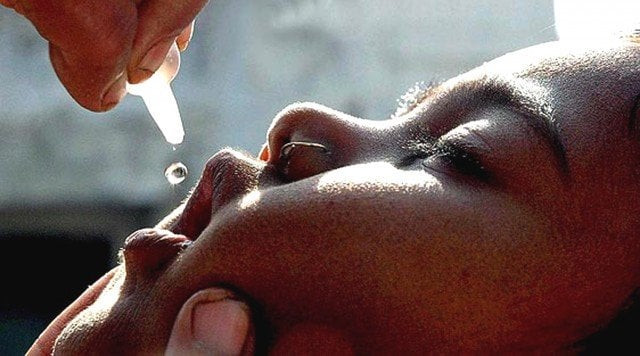
In North Waziristan tribal district of KhyberPakhtunkhwa, a local Jirga has declared a fine of Rs500,000 on parents who allow anti-polio vaccination for their children. The Utmanzai Jirga, spearheading this opposition, has linked the success of the polio vaccination drive to the acceptance of their extensive list of demands.
The Jirga spokesperson, Mufti Baitullah, announced a complete ban on the vaccination campaign, imposing heavy fines on violators. Adding to the gravity of the situation, the Jirga has closed the BannuMiranshah Road to all types of vehicular traffic, causing significant disruptions for commuters.
This decision not only raises concerns about the immediate health risks posed by a potential surge in polio cases but also highlights the broader challenges of governance and law enforcement in the region.
The core committee of the Utmanzai Jirga has presented a 30-point demand list, covering a range of issues including the maintenance of law and order in the district, just distribution of natural resources, and the return of missing persons.
While these demands reflect the longstanding grievances of the local population, the decision to tie them to the critical antipolio vaccination drive has far-reaching implications for public health. Qadeer Dawar, a senior leader of the Pakistan Tahreek-e-Insaf (PTI) in North Waziristan, has urged the provincial government to address the demands of the Utmanzai Jirga to ensure the continuation of the vaccination drive.
However, he has also criticized the Jirga for its decision to ban the vaccination campaign, emphasizing that such tactics could exacerbate problems instead of resolving them. Dawar pointedly noted that the Jirga’s actions are endangering the future of their own children, underscoring the short-sighted nature of the decision.
Read PM committed to eradicate polio
The Utmanzai Jirga has been protesting against lawlessness in the region for the past four months, demanding decisive action from the government and security forces to improve the law and order situation. These protests have included sit-ins and demonstrations, and the recent escalation to a complete boycott of the vaccination campaign signals a heightened level of discontent.
The background to this resistance is marked by a tragic incident in September 2022 when a 10-month-old child from union council Ghulam Khan in North Waziristan succumbed to wild polio. This event, the third case in the union council and the seventeenth in North Waziristan, underscored the urgent need for effective polio eradication measures.
Partners of the Global Polio Eradication Initiative and representatives from various countries had convened to discuss the challenges facing polio eradication efforts and to determine the way forward.
Then Federal Health Minister Abdul Qadir Patel highlighted the heightened risk of wild polio transmission in the midst of the country’s humanitarian crisis, emphasizing the crucial need for support to protect children from further health concerns.
While the poliovirus has been detected outside southern KhyberPakhtunkhwa, efforts have been made to contain its geographical spread. National Emergency Operations Centre Coordinator Dr. Shahzad Baig reiterated that, despite the increase in polio cases this year, containment efforts in southern KP remain crucial for overall success in eradicating polio in Pakistan.

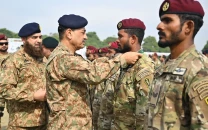
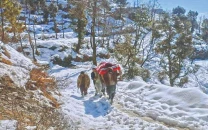
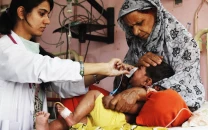
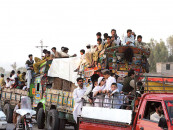

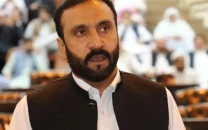












COMMENTS
Comments are moderated and generally will be posted if they are on-topic and not abusive.
For more information, please see our Comments FAQ